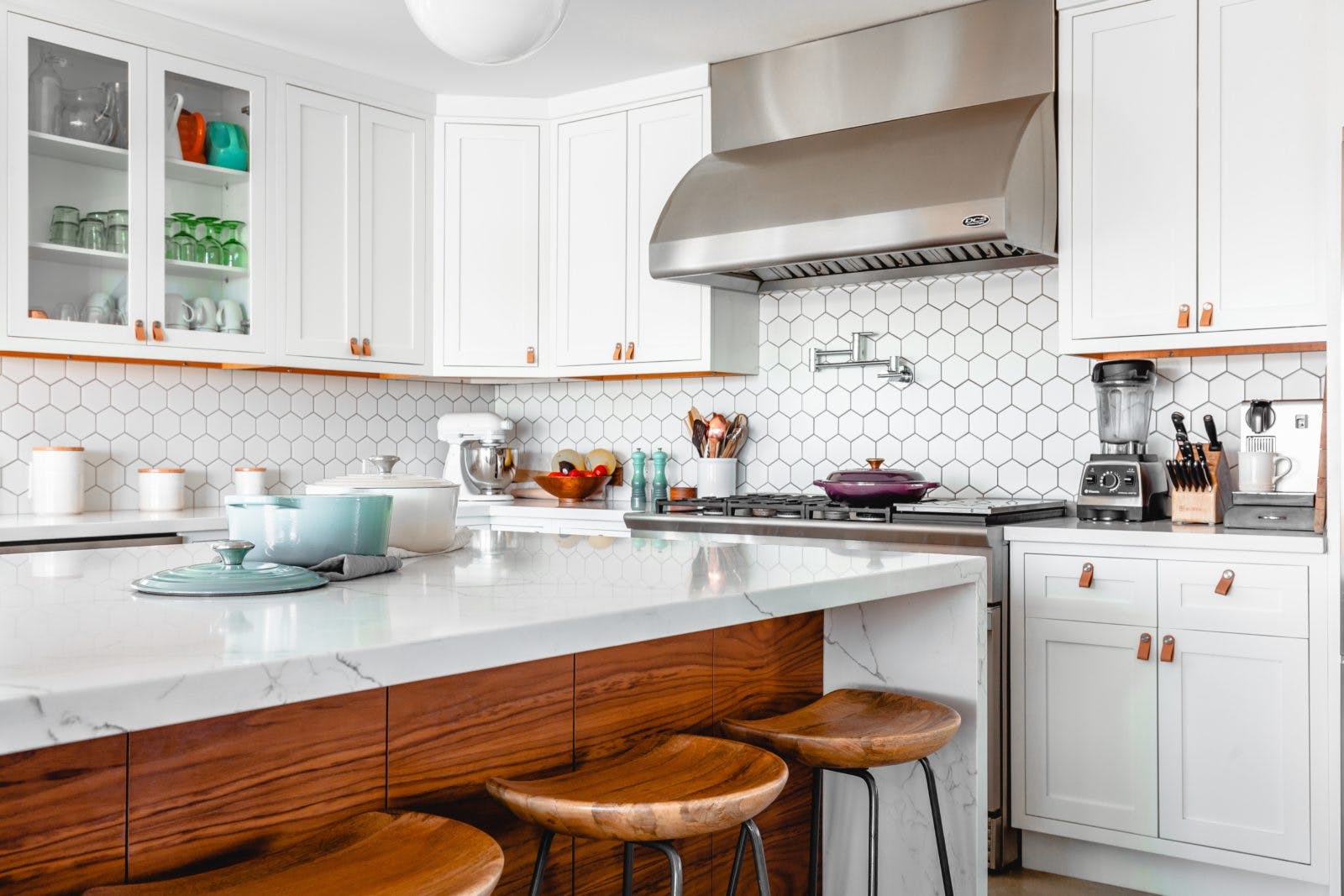Imagine you’re looking for a new home. You have a list of all the features you want, just like you would have a grocery shopping list. However, when you explore the homes currently on the market, none meets all your criteria. What do you do? You have a few good options. First, you can take a second look at your list. Does your new home need every single feature on it? Are there one or two features you can do without? For example, can you settle for a smaller kitchen assuming the property has everything else you want?
Often, buying a home that’s close to perfect is perfect enough. Second, consider what features you might be able to add to a home later, by way of a renovation or other improvement. If a property doesn’t have a finished basement, for example, you might be able to get that done down the road. Indeed, there are probably many features you can add later to an otherwise desirable property.
Finally, consider the current level of activity in the local real estate market. Is it likely that a lot of new homes will be coming on the market soon? If so, your perfect home may come up on the market within the next few weeks. Maybe even tomorrow! In that situation, make sure you arrange to get immediate alerts for newly listed homes that meet your criteria. You’ll want to jump on each new opportunity before other buyers learn of the listing. The good news is, in most cases you should be able to find and buy a great home, with most — if not all — of the features you want. Time for a move? Let’s be in touch.







